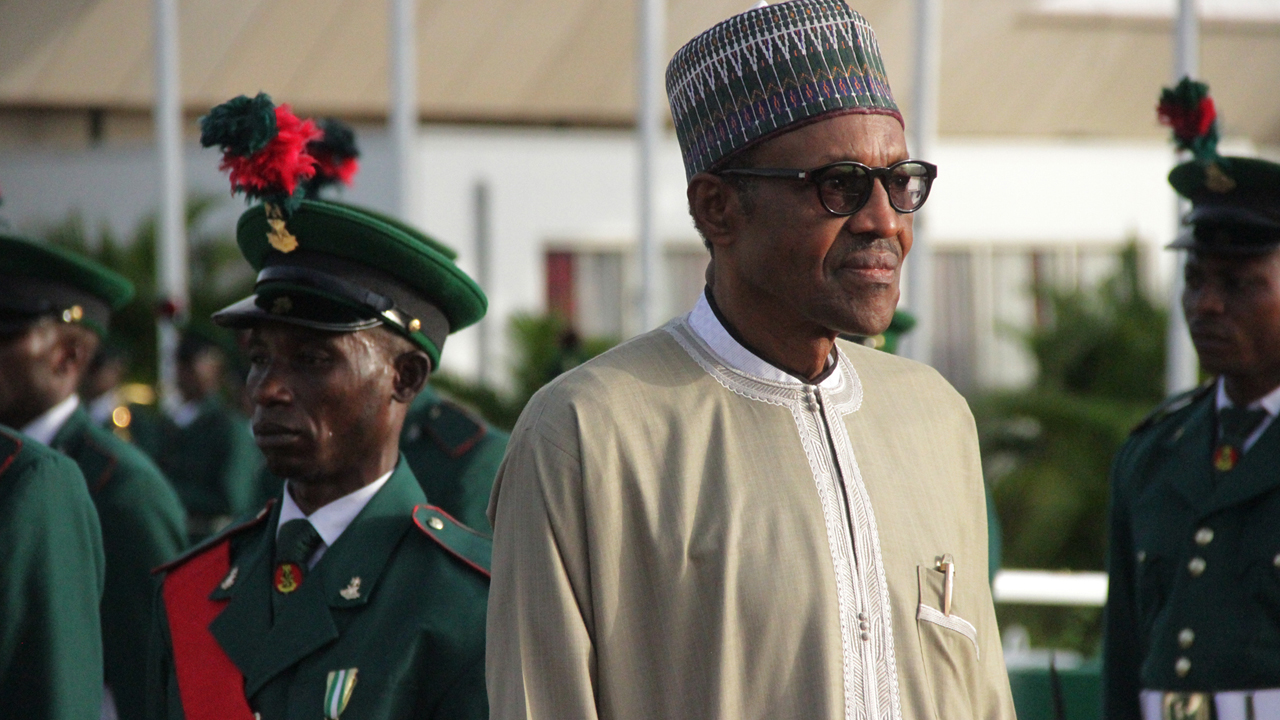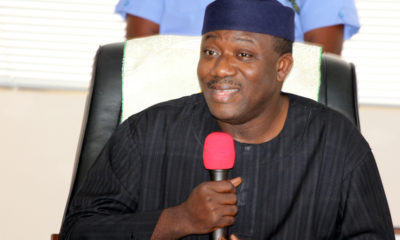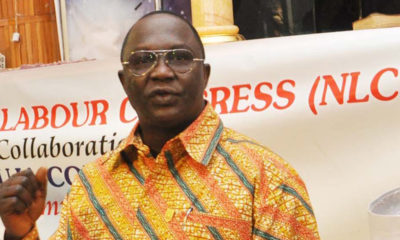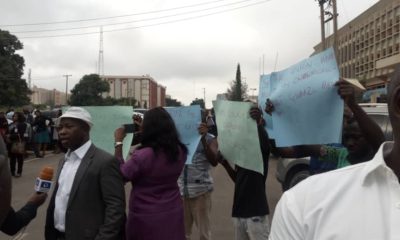- Presidency Transmits Minimum Wage Bill to National Assembly
The Presidency on Wednesday evening confirmed the transmission of the National Minimum Wage Bill to the National Assembly for necessary legislative actions.
The Senior Special Assistant to the President on National Assembly Matters (Senate), Senator Ita Enang, disclosed this to one of our correspondents in Abuja.
The Minister of Labour and Productivity, Dr Chris Ngige, had told reporters after the National Executive Council meeting that the bill would be transmitted to the federal parliament before the close of work on Wednesday.
The legislation was not received before both chambers adjourned plenary on Wednesday afternoon because none of the presiding officers mentioned it.
But in a telephone interview with one of our correspondents around 8pm on Wednesday, Enang said, “I can confirm to you that the bill on minimum wage was transmitted to the National Assembly this evening.”
The letter, informing the federal lawmakers of the bill’s transmission would be read on the floor of both chambers on Thursday (today).
There are strong indications that the legislation may not be attended to until after the general elections as the federal lawmakers would proceed on a short vacation on Thursday (today).
The Chairman, Senate Committee on Foreign and Local debts, Senator Shehu Sani, told one of our correspondents on Wednesday that the bill would wait till after the elections.
He said, “There is no way we could attend to the minimum wage bill as well as the 2019 budget until after the general elections.”
Meanwhile, the President, Nigeria Labour Congress, Ayuba Wabba, has lamented that the minimum wage can barely provide basic necessities of life for workers in many parts of the world, noting that one per cent of the world population now controls half of global wealth.
Wabba made this known on Wednesday in the address he delivered at the 18th Congress of the Italian General Confederation of Labour.
He addressed the assembly in Italy as the president of the International Trade Union Confederation.
A copy of the address was made available to one of our correspondents in Abuja by the NLC’s Head of Information and Public Affairs, Benson Upah.
He said, “In my own country, we face poverty, conflict, insecurity and corruption. Many of our people flee the place they were born to seek a better life in Europe, and are all too often turned away at gunpoint, prevented from landing, treated with utter disrespect.
“Fundamental rights are under attack in many countries. The levers of the global economy are in the wrong hands. The global economic system and current model of globalisation disproportionately benefit capital owners. The consequences for billions of people are poverty, insecurity and the loss of hope and trust. Given paucity of investments to produce a recovery that benefits workers, the workers and their unions are extremely challenged.”
“Our rights to bargain collectively, the right to strike, even freedom of association are under attack by greedy employers and governments who put profit before people.
“Inequality is at historic levels and wages are not keeping pace. Some 84 per cent of the world’s people say minimum wage is not enough to live on. More than 70 per cent of the world’s people have little or no social protection. All of these go side by side with the consequences of technology and the further erosion of direct employment and decent work.”

 Forex2 weeks ago
Forex2 weeks ago


 Naira2 weeks ago
Naira2 weeks ago
 Naira4 weeks ago
Naira4 weeks ago
 Company News4 weeks ago
Company News4 weeks ago
 Billionaire Watch1 week ago
Billionaire Watch1 week ago




 Naira2 weeks ago
Naira2 weeks ago




 Naira4 weeks ago
Naira4 weeks ago




 Naira1 week ago
Naira1 week ago




















